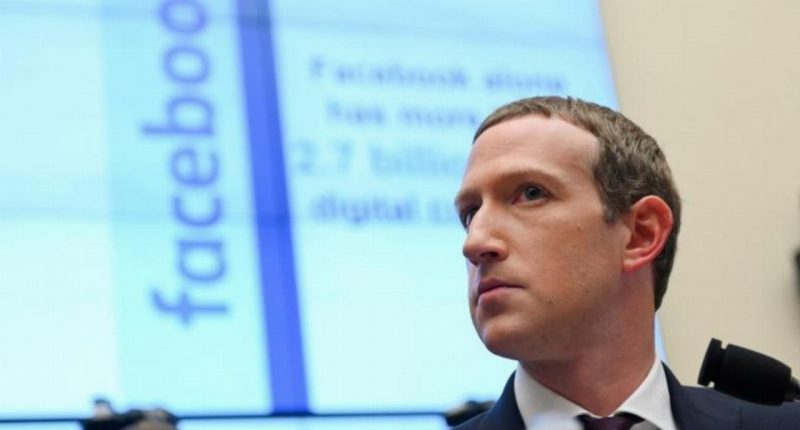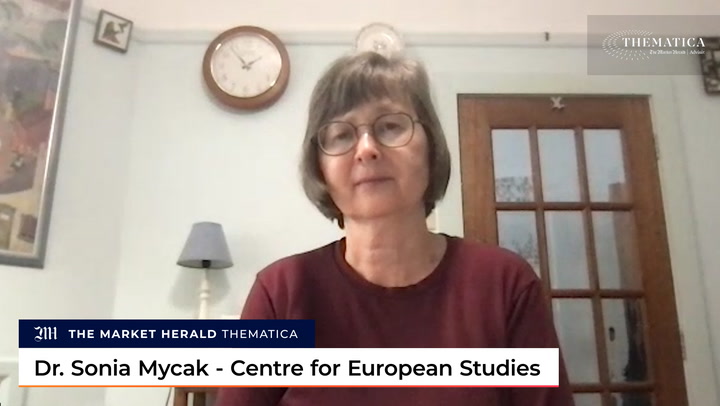- The CEOs of three of the world’s largest tech companies have faced tough questions from the U.S. Senate today, over proposed reforms to online regulations
- Twitter CEO Jack Dorsey, Google CEO Sundar Pichai and Facebook CEO Mark Zuckerberg all gave statements relating to accountability and moderation on online platforms
- The hearing will investigate the validity of Section 230 of the Communications Decency Act, which states an online business cannot be held accountable for what is published on its website by a user or third party
- If the umbrella protection the law affords is removed, tech companies could be held liable for misinformation or hate speech that is made public on their platforms
- However, advocates for the law believe reforms could limit online free speech and lead to an over-policing of public discourse
The CEOs of three of the world’s largest tech companies have faced tough questions from the U.S. Senate today, over proposed reforms to online regulations.
Twitter CEO Jack Dorsey, Google CEO Sundar Pichai and Facebook CEO Mark Zuckerberg all gave statements to lawmakers and answered questions about accountability and moderation on online platforms.
The hearing was created to investigate the effect of Section 230 of the Communications Decency Act on influential tech companies. The law currently stipulates that an online business cannot be held accountable for what is published on its website by a user or third party.
If the umbrella protection the law affords is removed, tech companies could be held liable for misinformation or hate speech that is made public on their platforms. Section 230 has recently come under fire for allowing large companies to avoid responsibility in regulating online discourse.
However, advocates for the law believe reforms could limit online free speech and lead to the over policing of common public forums.
Google, Twitter and Facebook currently do moderate misinformation published through their sites, but attempts at self-regulation have faced criticism for being infrequently and haphazardly applied.
Online moderation has recently come into the spotlight in the U.S., as widespread misinformation surrounding COVID-19 and the upcoming presidential election continues to circulate.
Any reforms or new precedents set by the U.S. could have global impacts, especially as the European Union’s Executive Commission is currently drafting its own accountability laws, deemed the New Digital Services Act.
In his opening address to the Senate, Sundar Pichai said the internet has been a radical force for good over the last three decades. However, he also seemed hesitant to make companies more accountable for their users’ actions.
“I would be very cautious about any changes to Section 230, and the effects those changes could have on businesses,” he added.








